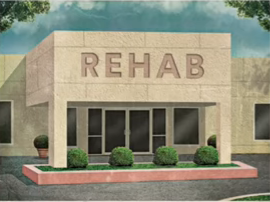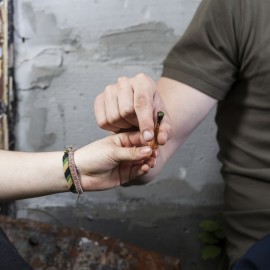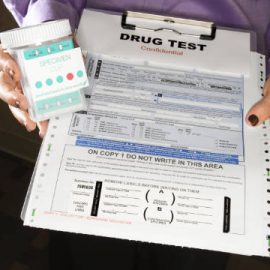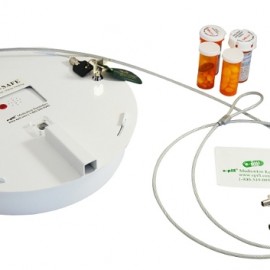Topic: compliance and noncompliance
“Invisible” Hand? Or “Absent” Hand?
In their eagerness to reduce the size of government, states have stripped away staff who would otherwise make onsite visits to ensure compliance.
Topics: administration, compliance and noncompliance
Compliance via Incentives
An important step that programs often skip: the collection of baseline data. Improvements are often incremental, and if you don’t know exactly where you started, it’s easy to miss them.
Topics: compliance and noncompliance, maintaining sobriety, program development, therapies and tools
Compliance via Fellowship
In his review of long-term outcome studies involving both alcohol and heroin users, Vaillant noted the inspirational aspects of such participation.
Topics: compliance and noncompliance, maintaining sobriety, recovery support groups
Compliance via Coercion
“You don’t see much motivation or insight. But I guess that’s why they have to be compelled in the first place, right?”
Topics: compliance and noncompliance, court-mandated, leverage
Pot in Rehab
I’ve never had much success explaining to a patient in the first 30 days of recovery that when Bobby smokes dope, it’s medicine, but when Liz lights up, it’s drug abuse.
Topics: cannabis, compliance and noncompliance
Drug Testing
If you’re not careful, the whole thing turns into an endless game of cat-and-mouse, that leads nowhere.
Topics: compliance and noncompliance, counseling skills
Opioid Medication Therapy and Continued Use
Topics: addiction medications, compliance and noncompliance, MAT, opioids
Going to Pot
Clients who struggle to stay drug-free can resent the presence in group of others who openly use substances.
Topics: cannabis, compliance and noncompliance, program development
Practice versus Knowledge
Most people in stable recovery got there the hard way, through major alterations in the way they live.
Topics: cognitive behavioral therapy, compliance and noncompliance, maintaining sobriety, relapse, therapeutic models
The Monitoring Model
We spend a great deal of time in treatment seeking to increase patient motivation, but these programs do not rely on a motivated patient.
Topics: compliance and noncompliance, treatment models


















